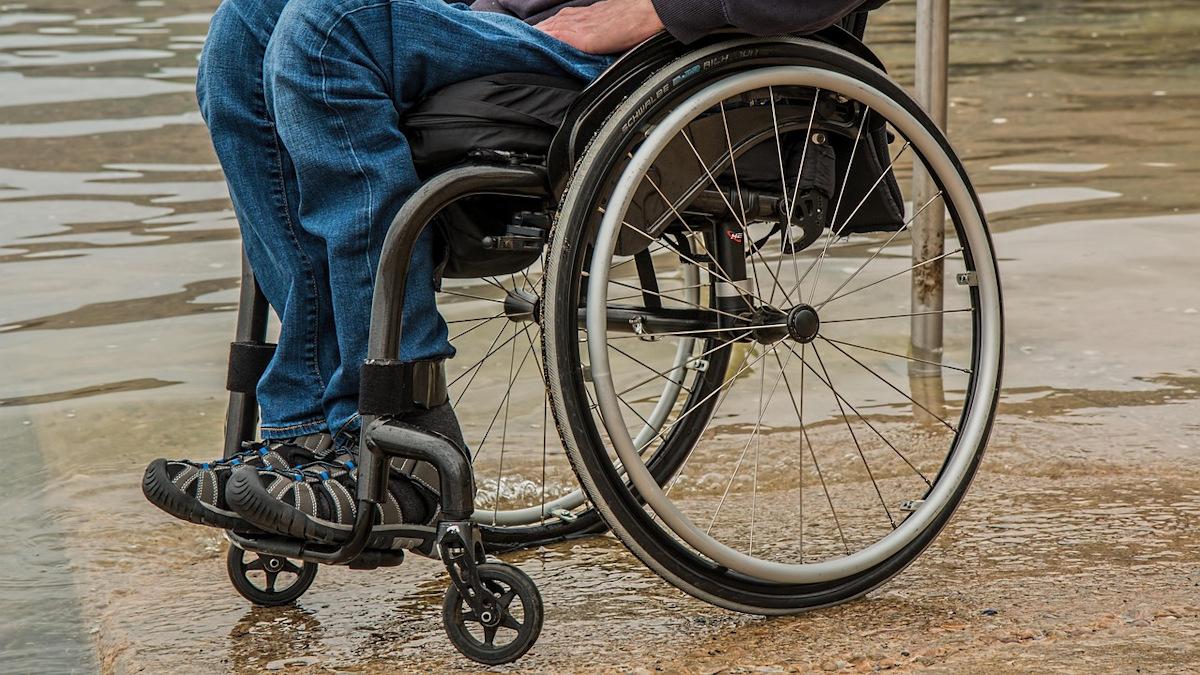Scholar Rock preps filings after SMA antibody clears trial

Shares in Scholar Rock have gone into overdrive after the biotech reported positive phase 3 results with apitegromab in patients with spinal muscular atrophy (SMA), setting up regulatory filings in early 2025.
The stock rocketed 362% after the announcement, taking Scholar Rock's market cap above $2.7 billion, as analysts started to talk about a blockbuster sales opportunity for the selective myostatin inhibitor.
SMA is a genetic disorder that can cause rapid and irreversible loss of motor neurons, affecting muscle functions, including breathing, swallowing, and basic movement.
In the SAPPHIRE trial, Scholar Rock tested apitegromab in patients aged two to 12 who were already being treated with the standard therapies for SMA, Biogen's antisense-based therapy Spinraza (nusinersen) and Roche's oral mRNA splicing modifier Evrysdi (risdiplam).
Apitegromab achieved a significant improvement in motor function over placebo after 52 weeks of treatment, measured using the 33-point Hammersmith Functional Motor Scale Expanded (HFMSE), which measures a range of physical activities, such as the ability to take unaided steps, raising the head and support on the forearms when lying prone, and roll from side to side when lying supine.
The proportion of patients achieving a three-point or greater improvement in HFMSE – considered clinically meaningful – was 30% with Scholar Rock's drug compared to 12.5% in the placebo group.
There were signs of improvement in muscle function within eight weeks with apitegromab, which is designed to work directly on the muscles in SMA, binding pro- and latent forms of myostatin to bolster muscle strength, and the drug's benefits were consistent across age groups.
Safety was in line with the results of the earlier phase 2 TOPAZ trial apitegromab, which tracked patients over four years and more, and the combined data will form the basis of regulatory filings in the US and Europe in the first quarter of 2025.
Kenneth Hobby, president of the Cure SMA patient organisation, said the top-line SAPPHIRE data marks "a great day" for people living with SMA and their families.
"Declining motor function and hopes for reversing losses associated with muscle weakness are significant unmet needs, impacting activities of daily living, from breathing, eating, [and] self-care, to working and social interactions," he added. "We need an approved therapy that can support motor function and further improve daily activities for people with SMA."
The result puts Scholar Rock out in front of a small group of drugmakers developing myostatin-targeting drugs for SMA, alongside Biohaven's recombinant protein drug taldefegrobep alfa – in the phase 3 RESILIENT trial, with results due later this year – and Roche's RO7204239 antibody, which is in the phase 2/3 MANATEE study, with results due in 2026.
Scholar Rock is also exploring the use of apitegromab in obesity, to preserve muscle mass while patients are treated with weight-reducing drugs like GLP-1 receptor agonists. A phase 2 trial of the antibody, called EMBRAZE, is ongoing and due to read out next year.












